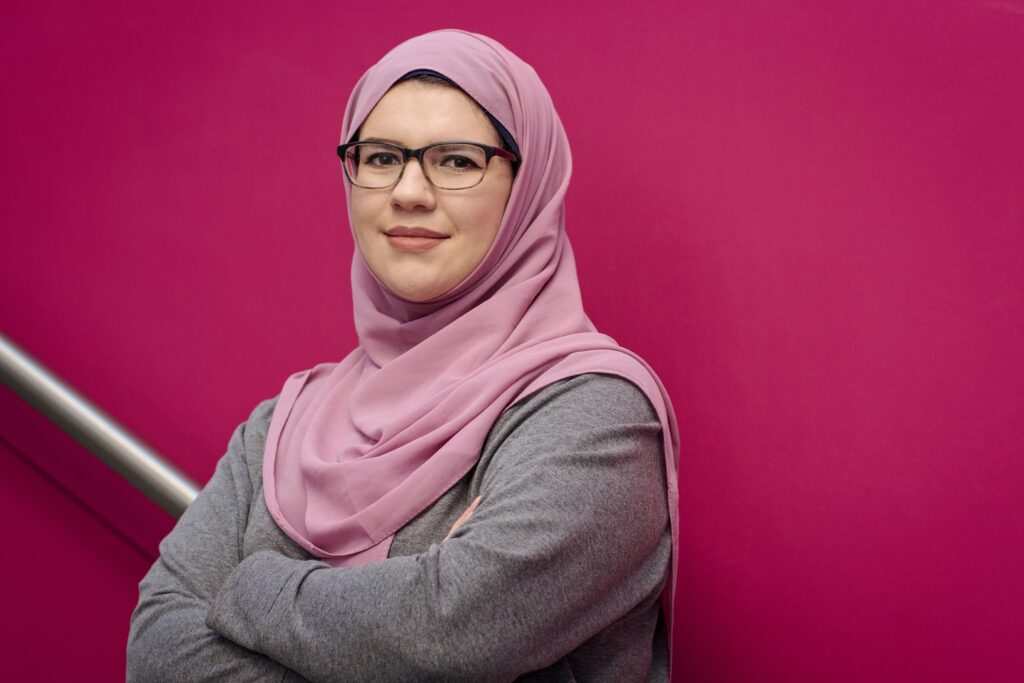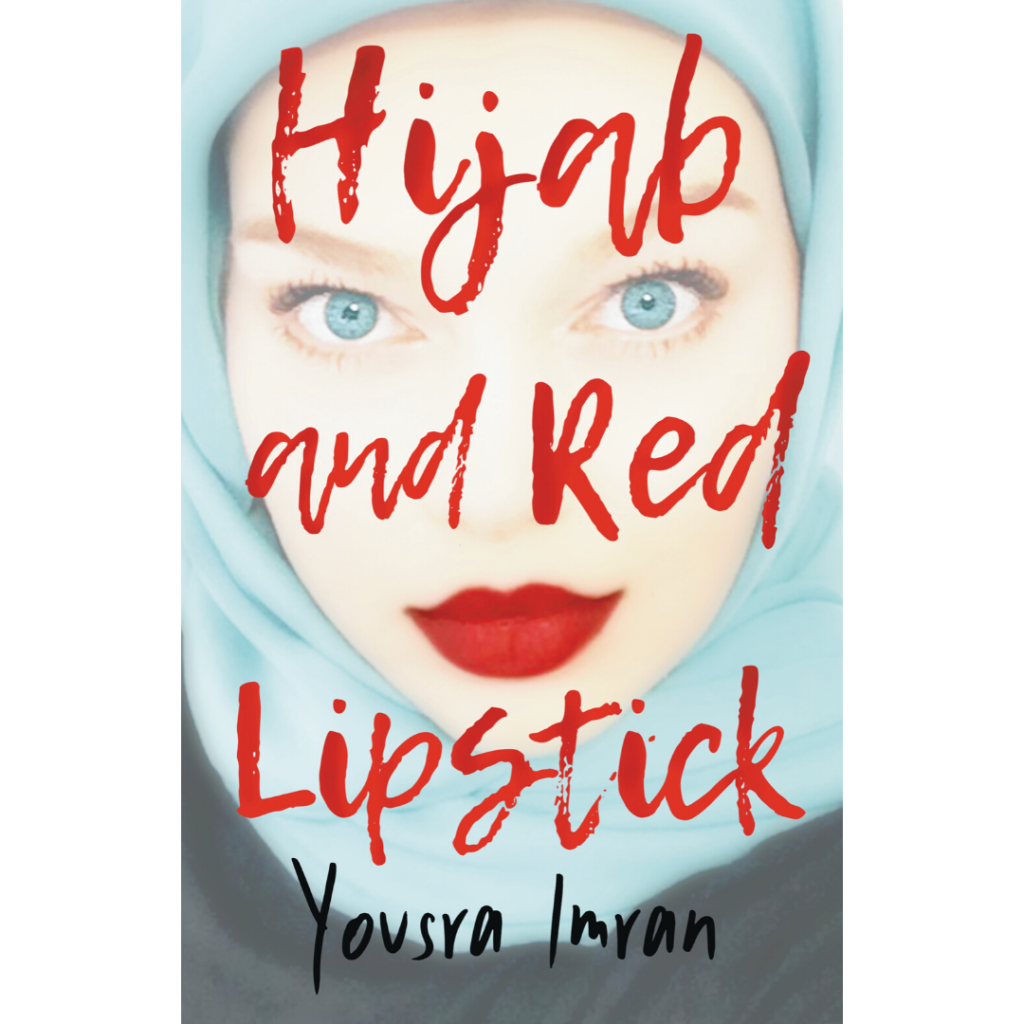Nearly ten years ago, I started keeping a notebook of every book I read. It’s incredibly geeky, totally pointless (turns out no one has ever wanted to know what book I was reading at Christmas 2015) and I don’t care at all because I love it.
I love being able to look back and see what I read when the Big Life Events happened (I literally have zero memory of the first book in there I read after giving birth. No idea what it is. Not even vaguely). It also means I can revisit and see sometimes what I didn’t see at the time: how the books I chose related to what was going on in my life at the time. Still, <changing> your life is a big ask. I believe books are up to the challenge though. Here are five that did it…
Dear Nobody, Bernie Doherty
Context: I was a very dramatic teenager. If I broke up with someone I went out with for two weeks, I listened to Lionel Richie on my walkman and wept. I kept endless diaries where I wrote my pretty mundane teenage existence into what I see now was the prototype of a novel. I was fascinated by – and still am fascinated by – the depiction of human emotion at its edges. Only one thing to do: seek out the true drama in fiction. I loved a book with heartbreak and chaos and teenagers suffering loss and pain and grief. God, I loved all of it. But I loved none of it like I loved Dear Nobody, where teenage Helen writes letters to the baby she is pregnant with. It was award-winning and groundbreaking and I must have read it fifty times, easily.
I Know Why The Caged Bird Sings, Maya Angelou
“What do you like reading?” asked my then English teacher. I had moved on from that mega nineties shelf of joy in WH Smith – Judy Blume, The Babysitters Club, Saddle Club, every other club you can imagine etc – but I hadn’t figured out yet where to go next. She was a teacher that stayed with you, that English teacher, because she was the first person I had met (barring my chief book buddy Vic) who loved books like I did. Vic and I nodded in wonder when she passed on a list of recommendations to us for real grown up books (I could recite that list even now; it was a holy grail for me) and over the next few years, I read them all. I Know Why The Caged Bird Sings though, was the first and the best. I read it over and over, and I read everything else I could get my hands on by Maya Angelou, this incredible, life-changing woman. She was the first author who showed me what books could do: enunciate thoughts you didn’t know you had, make sense of the world by telling the most vivid truth and teach you about – not to mention transport you to – worlds so far away from your own. More than anything though, Maya Angelou made me fall in love with the unrivalled, crazy beauty of words.
The Handmaid’s Tale, Margaret Atwood
Somebody pointed out to me recently when I posted about writing this piece that when people speak of books that changed their lives, they usually quote books they read in their teens and early twenties and I think they are right. All but one in this list, I read before I turned 25. I suspect that’s because those years are when we are forming ourselves and books – as well as music and film – help us to do this. They show us who we are, who we want to be and what possibilities there are in the world. I would go on to read so much more Margaret Atwood (and to stare at her like she was a pop star heartthrob when I saw her being interviewed once) but this one got under my skin and kick started something in me.
Gone Girl, Gillian Flynn
I think this was the first proper psychological thriller I read and the start of me uncovering – unbeknown to me at the time – the genre I would eventually write myself. Unreliable narrators, multiple points of view, twists… I adored the whole, all-encompassing experience and after Gone Girl, I read back-to-back psychological thrillers with barely a break for much else for years. Many were brilliant, but this was the masterclass. I still hold Gone Girl up as that holy grail and the most annoying thing: the book I would have <loved> to have written myself. Grrr.
Americanah, Chimamanda Ngozi Adichie
Most of the time, my reading pattern is based on instinct: when I finish a book I know where I need to go next whether that’s a move to something gentler, contemporary, a classic, some short stories, something funny… Every now and again I read a book and all I know is that next I have to read <every single book that author has ever written>. It happened recently with Taylor Jenkins Reid after I read Daisy Jones and the Six, and I did the same with Tana French. But never has it been so mesmerising as it was in the summer of 2014 when I picked up a book I kept hearing about: Americanah. I barely came up for air. I’ve never read a love story like it; I’ve never felt such a strong sense of place, and I spent that summer hovering up everything else she had written. It tracked all the way back to Dear Nobody: I love reading (and writing) about human emotion, and nobody does it like the inimitable Chimamanda Ngozi Adichie.
Five Days Missing is out 17 February (Avon, Harper Collins)



